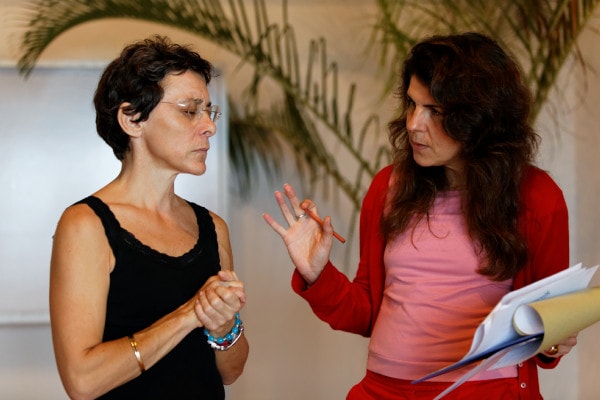NLP Parallels Coaching

Neuro-Linguistic Programming (NLP) is uniquely suited to the field of coaching. The foundation of NLP matches the principles of coaching:
Modelling Excellence: the heart of NLP is modelling – within this scientific discipline, NLP researches and studies people who excel in a particular form of excellence (sports, selling, training, scientific creativity, leadership influence etc). NLP practitioners turn these findings into frameworks and processes that people can use to raise their own chosen field of performance. NLP’s focus is on what works and not what is broken.
Curiosity & Experimental: In order to uncover patterns of excellence in people, NLP practitioners adopt an attitude of curiosity; they are observant of non-verbal cues and ask intelligent questions to uncover the thoughts and feelings of excellent people. Rather then telling or assuming what people are doing, NLP practitioners observe, question and experiment on what they have uncovered. Through this rigorous process, NLP has developed exquisite processes for observing human behavior and is adept in asking result-producing questions.
Focus on Outcomes: a large devotion of time in NLP is spent on defining and designing outcomes as opposed to uncovering the root of problems. Unlike psychotherapy or counselling, which concentrate on what stops people from functioning normally, NLP focuses on expanding resources within people. NLP practitioners know, whatever they focus upon – expands, so they choose to expand possibilities, resources and solutions.
Inner Game: right from the start of NLP, the presuppositions that NLP practitioners hold include, “People already have all the resources within to achieve their outcomes,” “People are in charge of their mind and body therefore their results,” and “When you believe it, you will see it.” All these “operating beliefs” of NLP practitioners drive their thinking, feelings and action in ways that empower themselves and others. Rather than blaming their external circumstances, they own their internal choices and the willingness to expand their capabilities.
Head, Heart & Body Intelligences: In order to produce excellent results, one must unite one’s head, heart and body. NLP clearly recognizes that each of these information and energy processing centres has its own intelligence. Through 4 decades of research and study of excellence, NLP has developed a rich and vast body of knowledge and tools to enrich our thinking, emotions and actions. Asking result-producing questions; using models to generate solutions; ways to build rapport and connect with people emotionally; and ways to strategise actions and obtain feedback are all part and parcel of what NLP practitioners do.
The NLP Practitioner & Master Practitioner Course provides the frameworks, tools and techniques to help people gain all the above skills which are well-suited to life coaching.
You may also be interested in
Engage a Coach
Learn Coaching with NLP



 NLP Practitioner Training >>
NLP Practitioner Training >>